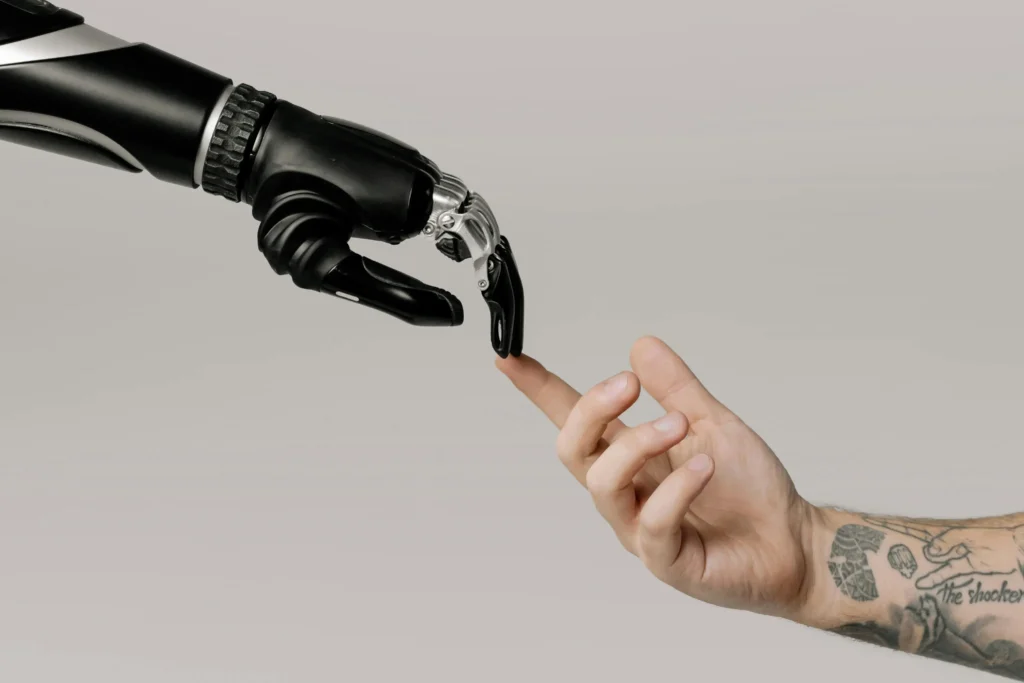Cybersecurity And Privacy – Dealing With The Demon Of Digital World In 2024
The digital age has brought undeniable advancements to our lives. From connecting with loved ones across continents to streamlining daily tasks, technology offers countless conveniences. However, this interconnected world also presents challenges, particularly regarding cybersecurity and privacy. As we navigate the vast online landscape, understanding these issues and implementing best practices is crucial for protecting ourselves and our valuable information.
Table of Contents
What is Cybersecurity?

Cybersecurity refers to the practices and techniques used to protect computers, networks, devices, and data from unauthorized access, use, disclosure, disruption, modification, or destruction. In simpler terms, it’s all about safeguarding our digital world from malicious actors who might try to steal our information, disrupt online services, or cause harm.
Here are some of the common threats addressed by cybersecurity measures:
- Hacking: Gaining unauthorized access to a computer system or network. Hackers can steal data, install malware, or disrupt operations.
- Malware: Malicious software that can harm a computer system. This includes viruses, worms, Trojan horses, and ransomware.
- Phishing: A deceptive email or message designed to trick the recipient into revealing personal information or clicking on malicious links.
- Social Engineering: The use of psychological manipulation to trick people into giving up sensitive information or clicking on malicious links.
- Denial-of-Service (DoS) Attacks: Overwhelming a website or server with traffic, making it unavailable to legitimate users.
Why is Privacy Important in the Digital Age?
Privacy refers to our right to control our personal information and decide who has access to it. In the digital age, where we share a significant amount of data online, protecting our privacy is more important than ever. Here’s why:
- Identity Theft: If personal information like your name, Social Security number, or credit card details fall into the wrong hands, it can be used for identity theft. This can lead to financial loss and damage to your credit score.
- Targeted Advertising: Companies track our online activity to build profiles and target us with personalized advertising. While this can be convenient at times, it can also feel intrusive and raise concerns about data collection.
- Loss of Control: Once we share information online, it can be difficult or impossible to control how it’s used or who sees it. This can lead to privacy violations and reputational damage.
Building a Strong Cybersecurity Posture
Fortunately, there are several steps we can take to improve our cybersecurity and protect our privacy online:
- Use Strong Passwords: Create complex passwords for all your online accounts and avoid using the same password for multiple sites. Consider using a password manager to help you generate and store strong passwords securely.
- Enable Two-Factor Authentication (2FA): Whenever possible, activate two-factor authentication (2FA) on your accounts. This adds an extra layer of security by requiring a second verification code in addition to your password when logging in.
- Be Wary of Phishing Attempts: Don’t click on links or open attachments in emails or messages from unknown senders. Be cautious of emails that create a sense of urgency or offer deals that appear too good to be true.
- Keep Software Updated: Software updates often include security patches that fix vulnerabilities. Make sure to install updates for your operating system, web browser, and other applications as soon as they become available.
- Be Cautious on Public Wi-Fi: Public Wi-Fi networks can be insecure. Avoid accessing sensitive information or making online transactions while connected to public Wi-Fi. Consider using a virtual private network (VPN) for added security.
- Beware of Malicious Websites: Look for the padlock symbol and “https” in the address bar before entering personal information on a website. This indicates that the website uses encryption to protect your data.
- Review Privacy Settings: Take control of your privacy settings on social media platforms and other online services. Limit the amount of information you share publicly and adjust settings to control who can see your information.
- Be Mindful of What You Share Online: Think twice before sharing personal information online. Once you post something online, it can be difficult or impossible to remove it completely.

Businesses and Cybersecurity
Businesses have a responsibility to protect the privacy and security of their customers’ data. Here are some key considerations:
- Data Security Measures: Businesses should implement robust data security measures to safeguard customer data. This includes encryption, access controls, and regular security audits.
- Privacy Policies: Clear and transparent privacy policies outlining how customer data is collected, used, and shared are essential. Customers deserve to understand how their information is being handled.
- Compliance with Regulations: Many countries have data privacy regulations that businesses must comply with. Staying up-to-date on these regulations and implementing appropriate measures is crucial.
The Future of Cybersecurity and Privacy
Cybersecurity and privacy are constantly evolving landscapes. As technology advances, new threats emerge, and regulations may need to adapt. Here are some potential developments we might see in the future:
- Enhanced Biometric Authentication: Techniques like fingerprint or facial recognition may become more widely adopted for user authentication, potentially offering an extra layer of security.
- Focus on Privacy-Preserving Technologies: As privacy concerns continue to grow, technologies designed to protect user data while still allowing valuable insights to be gained will likely be in high demand.
- Increased Regulation: Governments may implement stricter regulations to address emerging cybersecurity threats and ensure user data is protected.
- The Role of Artificial Intelligence (AI): AI could be used to detect and respond to cybersecurity threats more quickly and effectively. However, it’s important to consider the potential privacy implications of using AI in this way.

Conclusion
Cybersecurity and privacy are complex but important issues in the digital age. By understanding the threats and taking steps to protect ourselves, we can navigate the online world with greater confidence. Businesses also have a vital role to play in ensuring customer data is secure. As technology evolves, so too will the approaches to cybersecurity and privacy. Staying informed and taking a proactive approach are key to protecting ourselves and our valuable information in an increasingly connected world.
“In the digital age, cybersecurity is the shield that guards our privacy, and privacy is the foundation of a free and empowered society. Protecting both is a constant pursuit, requiring vigilance, innovation, and a commitment to building a more secure and respectful online environment.”
finologic.in







